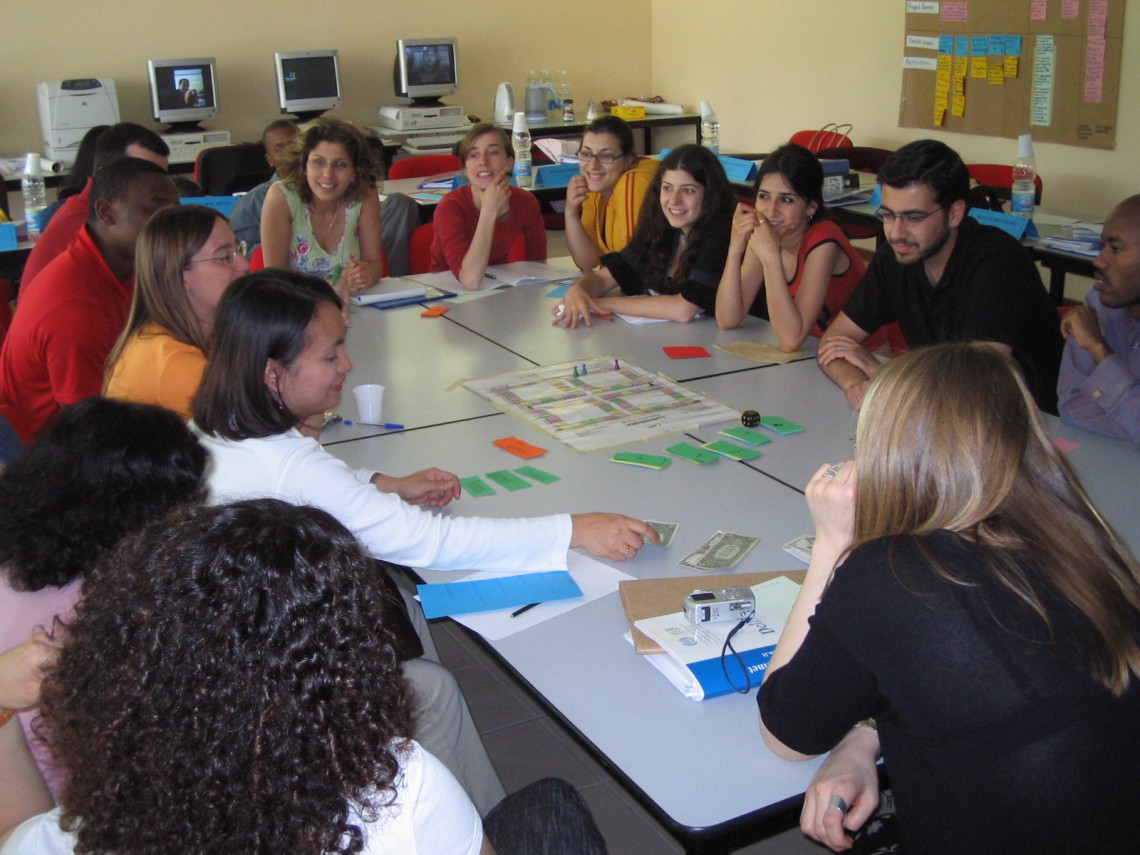
Sharing experience from working on European projects
Dedicated to members, who want to share their experience from working on European projects.
Pas d'annonces actuellement.

Sharing experience from working on European projects
Dedicated to members, who want to share their experience from working on European projects. From episodes and stories to general reflections on our work.
Just posted a new article on WIKIs, and how they can be used in the course of project management - including examples and tips for working with WIKIs. Hope you like it
www.discuss-community.eu/working-on-lifelong-learn…
I am just preparing the financial report for a project carried out under the lifelong learning program. According to the rules changed for 2013 projects the report has to be certified by an external auditor. I wonder if anyone has experience with this new requirement and would share it with us.




Natassa, this is an interesting aspect, indeed.

On-line meetings can support the communication, but I think that physical meetings boost the cultural understanding and online meetings keep the momentum.
I think that the one thing that can make the difference with language and cultural misunderstanding is practice! Organisations and people that enter the world of European projects need time and practice to learn to work with people from different countries. Many times, even experienced people need time to adjust in a new partnership. Therefore, it is important to schedule frequent meetings with enough time to discuss things and create common understanding. On-line meetings can be used for I think that each physical meeting boosts social bonds
And, by the way: Welcome Cristina! Good to have such an experienced person like you onboard
Yes, all of that is important. My experience over the past 20 years is, that for whatever reasons many projects are not able to render all or even some of these points into concrete action in such a way, that they help to increase the capacity for mutual learning within and beyond the project's lifetime.
Language and Cultural Understanding
I think one of the main things to take into consideration is language and cultural understanding. Often in times people say one thing, but usually they mean something else... sometimes ideas get lost into translation and this can lead to frustration.My experience has often been positive, but I think that this is also due to the fact that I am - most times - able to navigate language and cultural understandings of romance and Germanic languages. hence, I think it's important to establish close links with partners during and between meetings. Here are some ideas that might help: - Negotiating the meeting agenda with the partners - use ice breakers at each face to face meeting for people to bond (the social aspect is important) - agree on the language of communication and don't fall into the 'trap' to default to a language that you have in common with just some of the partners or your team (that frustrates the rest of the group) - organise monthly or bi-monthly online meetings (google...
Sharing experience from working on European projects







